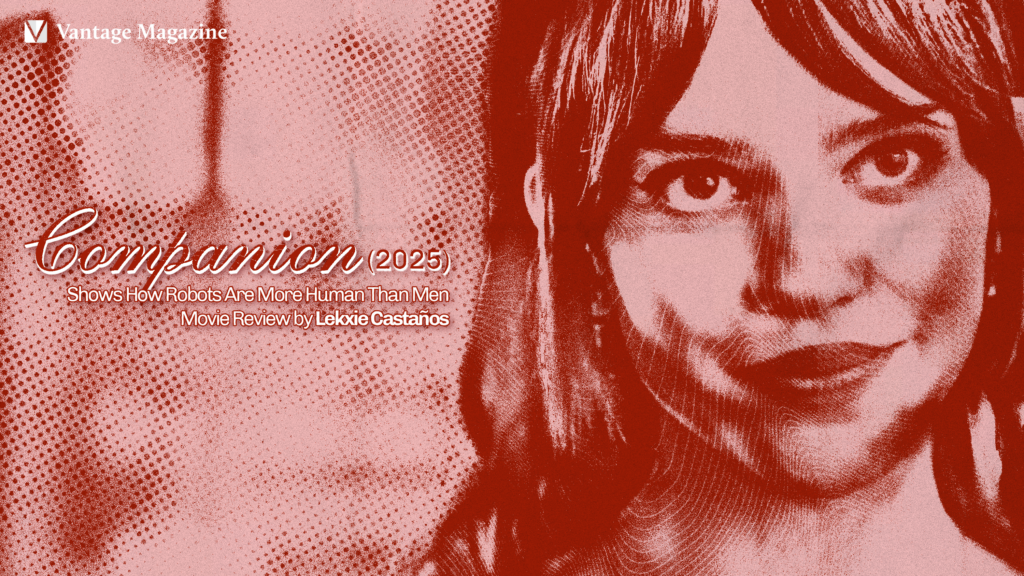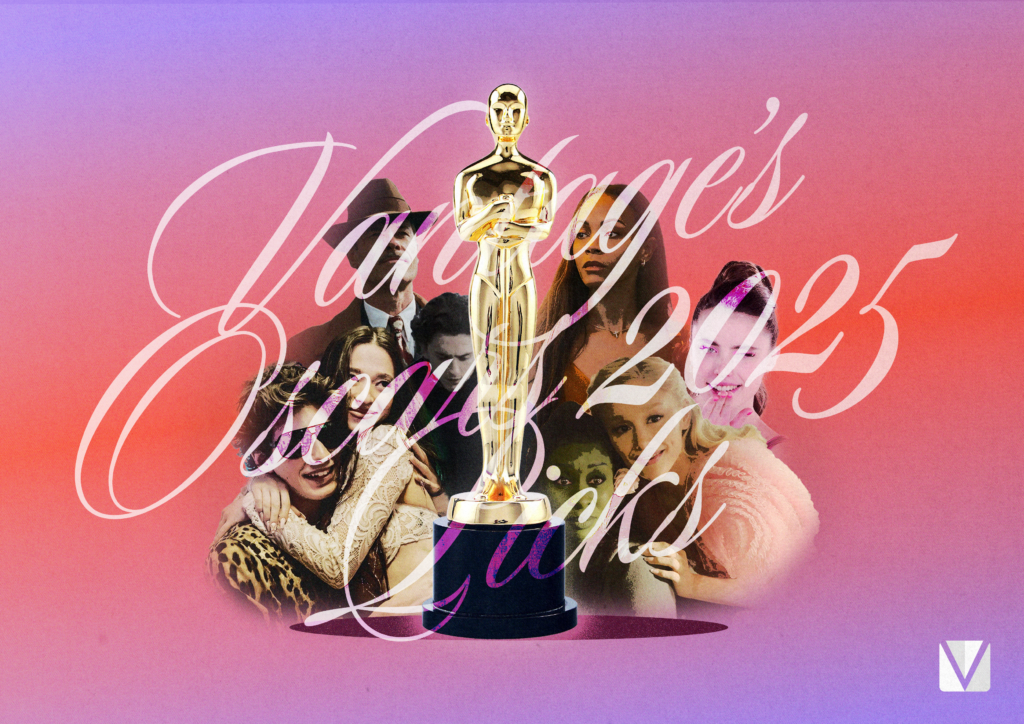BEING AN avid fan of the horror genre, I was no stranger to Mike Flanagan’s reputation, considering his highly acclaimed work with Netflix that cemented him as one of the go-to guys for modern horror. However, the reason why I enjoy his work lies in his ability to depict humans that feel as real as the horrific monsters featured in the same gut-wrenching narrative. While Flanagan’s lackluster outing with The Midnight Club (2022) had tempered my expectations for The Fall of the House of Usher (2023), who would not be excited to watch his take on a classic gothic horror tale from Edgar Allan Poe?
Loosely adapting Poe’s eponymous short story, The Fall of the House of Usher is about the mysterious deaths that befall a wealthy family, causing the collapse of a corrupt empire built over decades. Roderick Usher (Bruce Greenwood) calls his old acquaintance C. Auguste Dupin (Carl Lumbly) for a conversation that brings to light one haunting story about human greed and avarice—the Usher’s mysterious past. The show goes back and forth between the past and the present, as it slowly pieces together the mystifying fall of the Ushers.
Now, readers of Poe would already notice that the names Usher and Dupin are not from the same story. In fact, those two names never interact in any of Poe’s pieces. Flanagan chose to adapt several of Poe’s stories and poems for this show; thus, The Fall of the House of Usher features some of the most fun imagery that I have seen from Flanagan. From Poe staples like the unnerving, never-flitting The Raven to the gruesome, ever-beating The Tell-Tale Heart, the whole team evidently enjoyed depicting macabre literature for a modern audience through references. All of these classic stories work as a whole by binding it together with one grander narrative: the Usher family’s story.
As previously mentioned, the show tackles the themes of excessive greed among the Ushers. Whether it be the desire to expand exploitative empires or the obsessive approval sought from patriarchal figures, many of the motifs present here are akin to those in HBO’s Succession (2016). With this, the series combines modern sensibilities with Poe’s classic gothic goodness. The usual somber and melancholic characters of Flanagan are replaced with a repulsive and abhorrent set of rich people—pompous, narcissistic, and egotistical—characters that almost feel like caricatures.
Dealing with caricatures in a story can usually break the immersion and groundedness it tries to achieve. Thankfully, Flanagan realizes this as he provides a sense of self-awareness to the characters, becoming the glue that holds the whole series together. The cognizant approach to the characters allows the usage of caricatures to critique the wealthy upper class who are obsessed with staying in power.
The show constructs this critique on the rich by depicting the detestable protagonists with an almost derisive lens, handing them gory (and borderline outrageous) deaths that resulted from the horrors of their comeuppance. It looks at the absurdity of the rich and uses it to alienate them from the characters that feel real. The show utilizes the ridiculousness of the Usher’s fall from grace to highlight the good deeds from some characters that shine through from their ashes.
As a whole, Flanagan weaves together a cohesive narrative while making an incredibly fun horror show with macabre imagery. While it may be a departure from the more somber tone of his previous works, the Succession-esque narrative alongside its gothic skin has grown to be one of the best spooky shows that will send shivers down your spine.





